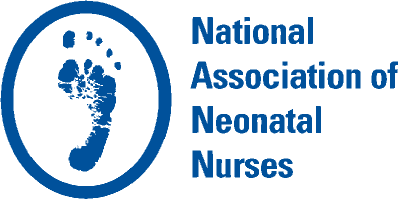Health Policy and Advocacy
21st Century Cures Act Passes into Law
Ally Kayton, MSN APRN NNP-BC
On December 7, 2016, Congress passed the 21st Century Cures Act, and on December 13, 2016, President Obama signed the Cures Act into law. While signing the bill the president paid tribute to both bipartisanship and to Vice President Joe Biden, whose son succumbed to brain cancer at the young age of 46. The president stated, “We are bringing to reality the possibility of new breakthroughs to some of the greatest healthcare challenges of our time. It is wonderful to see how well Democrats and Republicans in the closing days of Congress came together around a common cause. And I think it indicates the power of this issue and how deeply it touches every family across America.”
The 21st Century Cures Act is bipartisan legislation that will bring about medical breakthroughs for some of our biggest health challenges. No matter where you live, someone you know has been touched by cancer, the opioid epidemic, or another devastating illness. The 21st Century Cures Act makes significant investments in innovative technologies and research that could find a cure for diseases like Alzheimer’s, end cancer as we know it, and provide treatment for those suffering from addiction. The 94 to five Senate vote followed a 392 to 26 House vote. The bill provides $4.8 billion in new funding for the National Institute of Health, with $1.8 billion reserved for the Cancer Moonshot launched by Vice President Biden to accelerate research in that field. Another $1.6 billion is earmarked for brain diseases including Alzheimer’s. Also included is $500 million in new funding for the U.S. Food and Drug Administration and $1 billion in grants to help states deal with opioid abuse. Senator Lamar Alexander (R-Tenn.), chairman of the Health, Education, Labor and Pensions Committee, called this bill a “Christmas miracle that will help every American family.” The bill had some very vocal critics such as Senators Bernie Sanders (I-Vt.) and Elizabeth Warren (D-Mass.), who said the bill changes the drug approval processes and gives too many concessions to the pharmacy industry. The bill also was opposed by Public Citizen, a progressive activist group. However, the bill had huge support from Democrats, including Representative Diana DeGette (D-Colo.) and Senator Pat Murray (D-Wash.), who helped with key provisions to boost funding in areas of research. The Cures Act invests in President Obama’s priorities in science and health by
- funding the fight against the opioid epidemic to provide the resources and treatment people need
- supporting the vice president’s Cancer Moonshot to transform cancer research and accelerate discoveries
- investing in the Brain Research through Advancing Innovative Neurotechnologies (BRAIN) Initiative to tackle diseases like Alzheimer’s
- providing needed resources to expand the Precision Medicine Initiative to find cures and better tailor treatment
- including important bipartisan mental health policies that address suicide prevention, serious mental illness, and more.
The bill was signed at the White House in the South Court Auditorium. Vice President Biden, joined by former West Virginia Senator David Grubb, added their emotional weight to the signing. Vice President Biden discussed the death of his son and Senator Grubb discussed the death of his daughter, a recovering heroin addict who was prescribed OxyContin after knee surgery despite her medical history of drug addiction.
President Obama led the crowd in a standing ovation for the vice president and stated it was a “bittersweet day” but rejoiced at the signing of the bill and remembering of those who were lost. At his last public bill signing, the president was surrounded by a bipartisan group and signed the bill with 12 separate pens.


